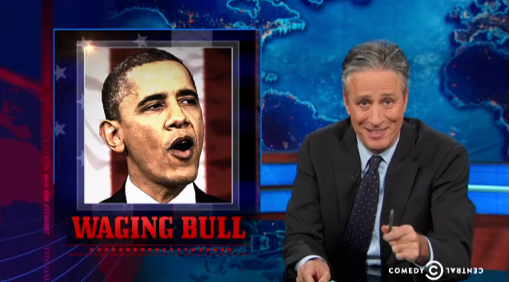My title extends the humorous theme of I found in an article by Dr. David S. Pisetsky’s (M.D., Ph. D). Pisetsky’s riff is that he was eager to become famous by announcing “Pisetsky’s Rules” about rheumatology treatment risks and discovered to his great disappointment that Sam Peltzman had got their first and the risk phenomenon Pisetsky wished to warn about was already known as the “Peltzman effect.”
Bank Whistleblowers United
Posts Related to BWU
Recommended Reading
Subscribe
Articles Written By
Categories
Archives
February 2026 M T W T F S S 1 2 3 4 5 6 7 8 9 10 11 12 13 14 15 16 17 18 19 20 21 22 23 24 25 26 27 28 Blogroll
- 3Spoken
- Angry Bear
- Bill Mitchell – billy blog
- Corrente
- Counterpunch: Tells the Facts, Names the Names
- Credit Writedowns
- Dollar Monopoly
- Econbrowser
- Economix
- Felix Salmon
- heteconomist.com
- interfluidity
- It's the People's Money
- Michael Hudson
- Mike Norman Economics
- Mish's Global Economic Trend Analysis
- MMT Bulgaria
- MMT In Canada
- Modern Money Mechanics
- Naked Capitalism
- Nouriel Roubini's Global EconoMonitor
- Paul Kedrosky's Infectious Greed
- Paul Krugman
- rete mmt
- The Big Picture
- The Center of the Universe
- The Future of Finance
- Un Cafelito a las Once
- Winterspeak
Resources
Useful Links
- Bureau of Economic Analysis
- Center on Budget and Policy Priorities
- Central Bank Research Hub, BIS
- Economic Indicators Calendar
- FedViews
- Financial Market Indices
- Fiscal Sustainability Teach-In
- FRASER
- How Economic Inequality Harms Societies
- International Post Keynesian Conference
- Izabella Kaminska @ FT Alphaville
- NBER Information on Recessions and Recoveries
- NBER: Economic Indicators and Releases
- Recovery.gov
- The Centre of Full Employment and Equity
- The Congressional Budget Office
- The Global Macro Edge
- USA Spending
-












